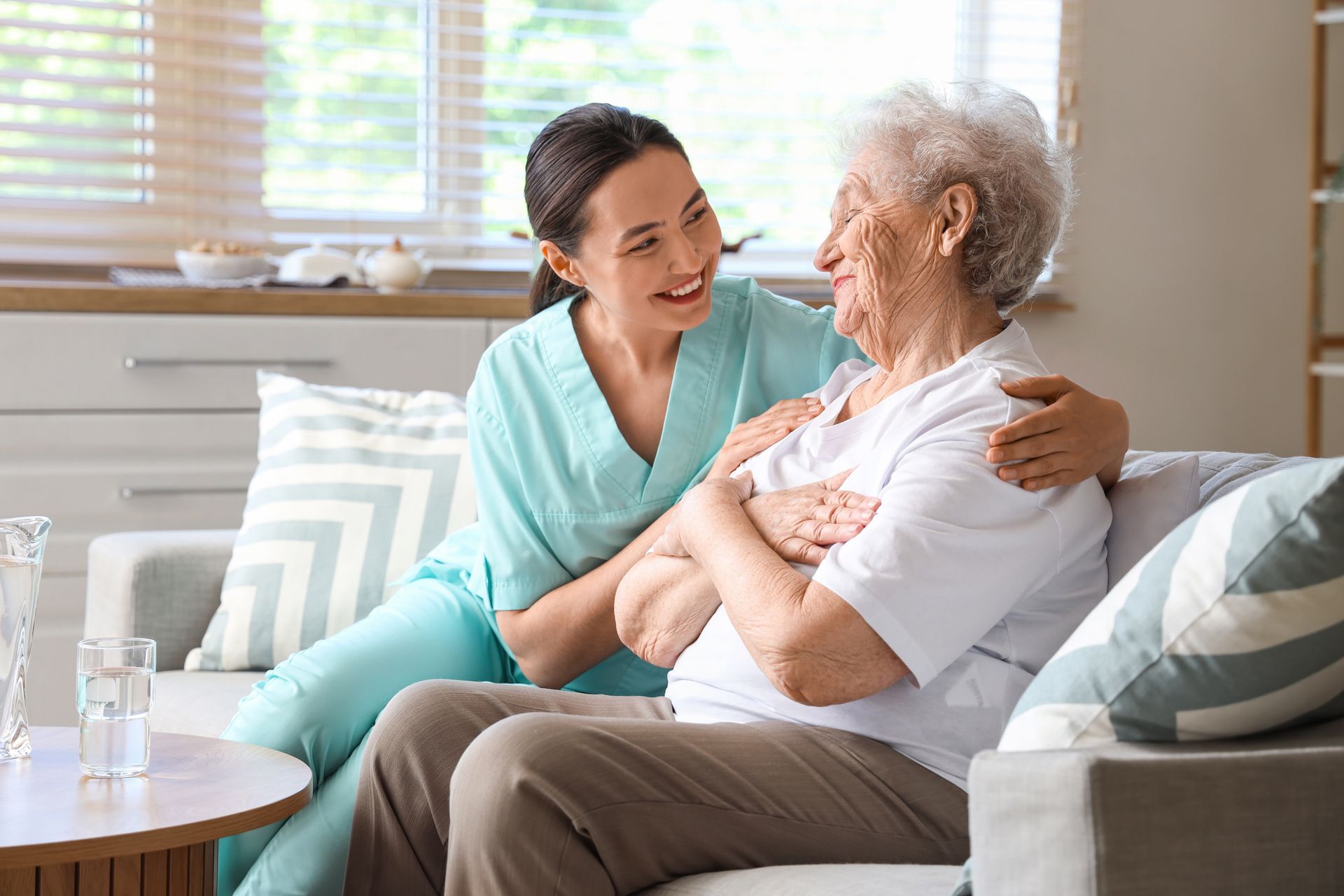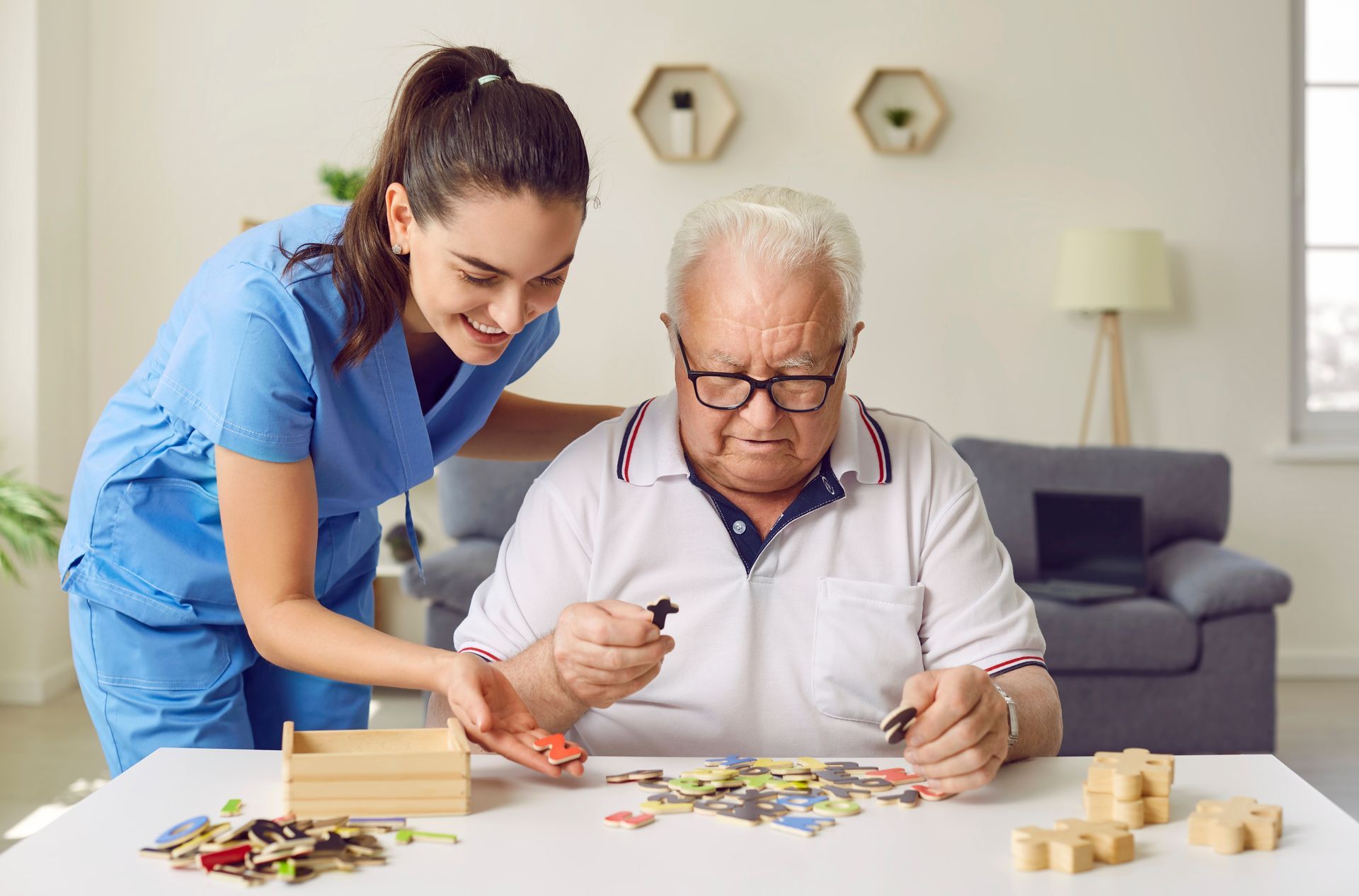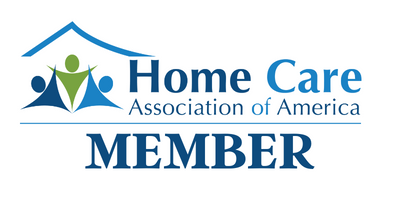As our loved ones age, their mobility often decreases, leading to a higher risk of falls and injuries. At Ebenezer Home Care LLC, we understand the importance of creating a safe home environment for seniors with mobility issues. Based in Stratford, Connecticut, and serving the entire state, our team specializes in providing non-medical homecare services that ensure the well-being and safety of our clients. In this blog post, we will explore practical tips and strategies to enhance the safety of homes for seniors, reducing the risk of falls and improving their overall quality of life.
Understanding the Importance of Home Safety
Home is where we feel most comfortable and secure. However, for seniors with mobility issues, it can also be a place filled with potential hazards. Falls are the leading cause of injury among older adults, often resulting in serious consequences such as fractures, head injuries, and loss of independence. By making necessary modifications and ensuring a safe environment, we can help seniors live independently and comfortably in their homes.
Identifying Common Hazards
Before we delve into the solutions, it’s essential to identify common hazards that can pose a threat to seniors with mobility issues. These hazards include:
- Clutter and Obstacles:
Unnecessary items, furniture, and clutter can create tripping hazards.
- Slippery Floors:
Wet or polished floors increase the risk of slipping.
- Poor Lighting:
Inadequate lighting can lead to falls due to reduced visibility.
- Uneven Surfaces:
Rugs, carpets, and uneven flooring can cause tripping.
- Stairs and Steps:
Navigating stairs can be challenging and dangerous for seniors.
- Bathroom Hazards: Wet floors, lack of grab bars, and low toilet seats can increase fall risk.
Practical Tips for a Safer Home
Creating a safe home environment involves several modifications and adjustments. Here are some practical tips to enhance safety for seniors with mobility issues:
1. Declutter and Organize
Keeping the home clutter-free is one of the simplest yet most effective ways to prevent falls. Remove unnecessary items from walkways, hallways, and living areas. Arrange furniture to create clear and wide pathways. Ensure that frequently used items are within easy reach to avoid the need for climbing or stretching.
2. Improve Lighting
Good lighting is crucial for preventing falls. Ensure that all areas of the home, especially staircases, hallways, and bathrooms, are well-lit. Use bright, energy-efficient LED bulbs and install nightlights in key areas to provide visibility during nighttime. Consider motion-sensor lights for added convenience and safety.
3. Secure Rugs and Carpets
Loose rugs and carpets can easily cause tripping. Use double-sided tape or non-slip rug pads to secure them to the floor. Alternatively, consider removing rugs altogether to eliminate this hazard. Ensure that all flooring transitions are smooth and even.
4. Install Grab Bars and Handrails
Grab bars and handrails provide essential support and stability for seniors. Install grab bars in bathrooms near toilets and showers. Ensure that handrails are secure and present on both sides of staircases. These fixtures can significantly reduce the risk of falls and provide confidence in mobility.
5. Make Bathrooms Safer
Bathrooms are one of the most hazardous areas in the home. To enhance safety:
- Install non-slip mats in the shower and on bathroom floors.
- Use a shower chair or bench for added stability while bathing.
- Consider a raised toilet seat with grab bars for ease of use.
- Ensure that all toiletries and bathing supplies are within easy reach.
6. Optimize Furniture Placement
Arrange furniture to create wide, unobstructed pathways. Avoid sharp-edged furniture and opt for rounded edges to minimize injury risk. Ensure that chairs and sofas are stable and easy to get in and out of. Consider using furniture risers to adjust the height of seating for ease of use.
7. Use Assistive Devices
Assistive devices can greatly enhance mobility and safety for seniors. Consider the following:
- Walkers and Canes: Provide stability and support during movement.
- Wheelchairs and Scooters: Offer mobility solutions for those with significant mobility impairments.
- Bed Rails: Provide support when getting in and out of bed.
- Transfer Benches: Assist with getting in and out of the bathtub or shower.
8. Ensure Proper Footwear
Proper footwear is essential for maintaining balance and preventing slips. Encourage seniors to wear non-slip, well-fitting shoes both indoors and outdoors. Avoid loose slippers or shoes with smooth soles that can increase the risk of slipping.
9. Implement Fall Prevention Strategies
In addition to home modifications, implementing fall prevention strategies can further enhance safety:
- Regular Exercise:
Encourage seniors to engage in regular exercise to improve strength, balance, and flexibility.
- Medication Management:
Ensure that medications are reviewed regularly to avoid side effects that may affect balance.
- Routine Vision Checks: Regular eye exams can help maintain good vision and reduce the risk of falls.
The Role of Ebenezer Homecare
At Ebenezer Homecare, LLC, our commitment to enhancing the safety and well-being of seniors is unwavering. Our specialized services, including Adult Family Living, and Homemaker and Companion care, are designed to provide comprehensive support to our clients. Here’s how we integrate safety into our services:
Adult Family Living
We support family members who provide care for their loved ones by offering a tax-free stipend. This program not only eases the financial burden but also ensures that caregivers receive the necessary respite and rest. Our approach focuses on creating a safe and supportive environment for both clients and caregivers.
Homemaker and Companion Services
Our Personal Care Assistants (PCAs) provide high-quality, person-centered care that focuses on all activities of daily living. From personal hygiene to mobility assistance, our PCAs are trained to address each client's specific needs with empathy and respect. They play a crucial role in ensuring a safe home environment by identifying and mitigating potential hazards.
Conclusion
Creating a safe home environment for seniors with mobility issues is essential for preventing falls and enhancing their quality of life. By making practical modifications and implementing safety strategies, we can help seniors live independently and comfortably in their homes. At Ebenezer Home Care LLC, we are dedicated to providing compassionate and reliable care that prioritizes safety and well-being.
If you or a loved one need assistance in creating a safe home environment, we invite you to reach out to us. Contact Ebenezer Home Care LLC at (475) 559-7418or email us atcesar@ebenezerhc.com. Let us show you how our empathetic and professional approach can make a meaningful difference in the lives of those we care for.




